President Donald Trump swore at Israel and Iran in an angry rant after the two countries violated a so-called ceasefire agreement he'd announced earlier in a post on Truth Social.
Israel and Iran have exchanged fire since Israel attacked Iran nearly two weeks ago in a bid to kneecap the country's nuclear capabilities. Trump himself later authorized a series of intense U.S. air and submarine strikes targeting three Iranian nuclear facilities.
Yet amid days of concerns about a wider war in the Middle East, Trump later shared what appeared to be positive news, declaring that a ceasefire agreement had been reached, writing:
"CONGRATULATIONS TO EVERYONE! It has been fully agreed by and between Israel and Iran that there will be a Complete and Total CEASEFIRE (in approximately 6 hours from now, when Israel and Iran have wound down and completed their in progress, final missions!), for 12 hours, at which point the War will be considered, ENDED!"
"Officially, Iran will start the CEASEFIRE and, upon the 12th Hour, Israel will start the CEASEFIRE and, upon the 24th Hour, an Official END to THE 12 DAY WAR will be saluted by the World. During each CEASEFIRE, the other side will remain PEACEFUL and RESPECTFUL."
"On the assumption that everything works as it should, which it will, I would like to congratulate both Countries, Israel and Iran, on having the Stamina, Courage, and Intelligence to end, what should be called, “THE 12 DAY WAR.” This is a War that could have gone on for years, and destroyed the entire Middle East, but it didn’t, and never will!"
"God bless Israel, God bless Iran, God bless the Middle East, God bless the United States of America, and GOD BLESS THE WORLD!"
You can see his post below.
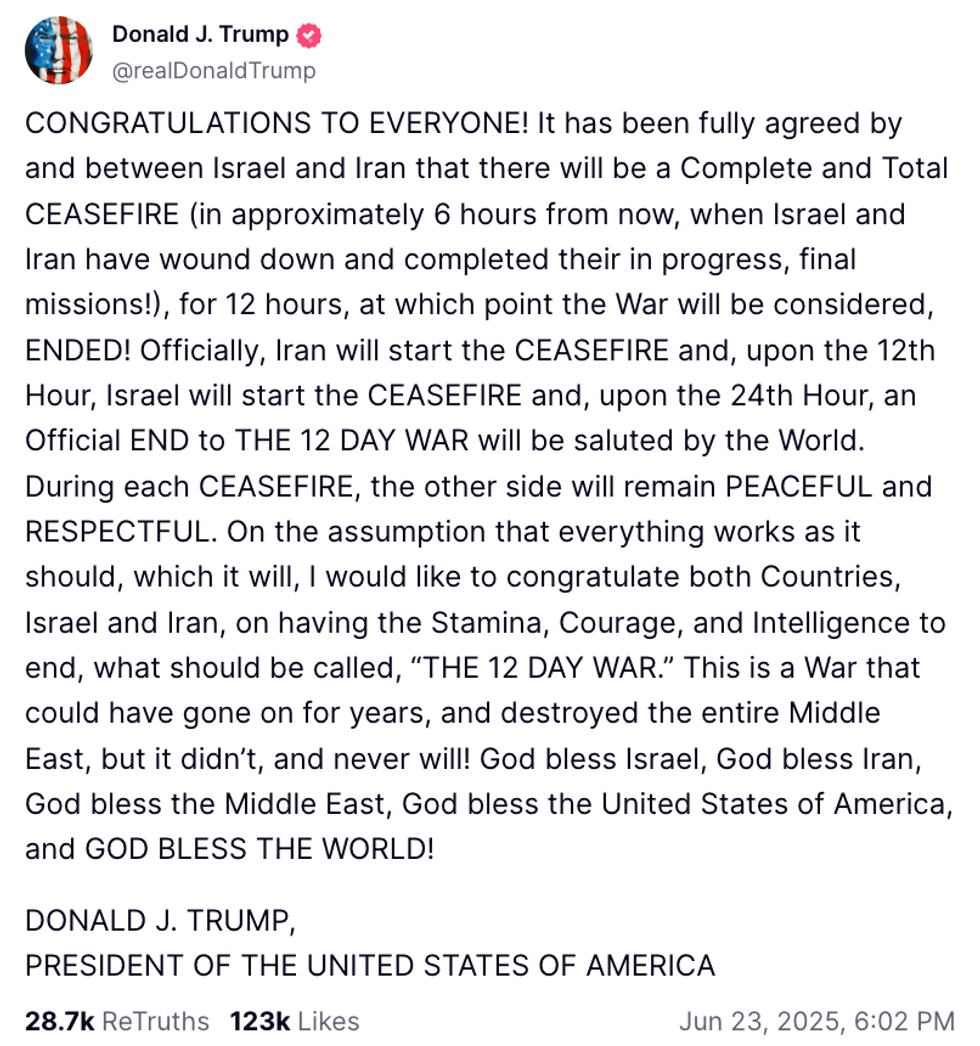
However, Iran fired at least six missile barrages at Israel after the ceasefire was supposed to take effect; Israeli authorities reported multiple casualties.
When asked for remarks by reporters, Trump swore and lashed out at both countries, claiming that they—who have a better understanding of their international relations than him, let alone any of us—"don't know what the f**k they're doing":
"We basically have two countries that have been fighting so long and so hard that they don't know what the f**k they're doing. You understand that?"
You can hear what he said in the video below.
Trump's frustrations were undeniable considering he'd been eager to take credit for ending the conflict.
On Saturday he directed his envoy, Steve Witkoff, to convey his willingness to negotiate a ceasefire. However, Iranian officials reportedly declined to engage in talks until they had exacted retribution through targeted strikes on U.S. assets, a source familiar with the matter said.
Prior to Iran’s missile strike on the U.S.-run Al-Udeid Air Base in Qatar, Iranian officials sent advance notice through Qatari intermediaries outlining the timing and intended targets. Following the strike, Iran again used back channels to inform the U.S. that no additional attacks on American forces were planned. The White House responded via Qatari officials that the U.S. would not retaliate and reiterated its openness to renewed negotiations.
On Monday evening, after it became clear Iran was halting further aggression, Trump called Israeli Prime Minister Benjamin Netanyahu and expressed his desire to end the war. According to the White House, Netanyahu agreed to a ceasefire on the condition that Iran stop its missile attacks.
Trump also spoke with Qatar’s Emir, Tamim al-Thani, while Vice President Vance coordinated with Qatari Prime Minister Mohammed Bin Abdul Rahman al-Thani, who relayed the terms to Iran and finalized the ceasefire timeline.
But critics argued that Trump’s involvement in the discussions was largely irrelevant, noting that such comments overlooked the deeply complex and decades-long relationship between the two nations—dynamics that only the parties themselves fully understand.
Trump was swiftly called out.
Netanyahu’s office later claimed that Iran launched missiles after the ceasefire had officially taken effect, prompting Israel to respond with a strike on a radar installation near Tehran. Iran’s military denied breaching the agreement, and Netanyahu’s statement suggested the Israeli response was restrained.
Despite the conflicting accounts, both nations appeared to signal a shared interest in preserving the fragile ceasefire, with each side portraying itself as having emerged victorious.
The lack of clarity around the ceasefire agreement has fueled confusion about the timing and sequence of the strikes that followed its announcement.
Notably, Trump did not specify an official start time when he declared the truce. Further complicating matters are the time zone differences: Iran operates half an hour ahead of Israel, which itself is seven hours ahead of Eastern Daylight Time in the U.S.—making it difficult to determine definitively which side may have acted first.

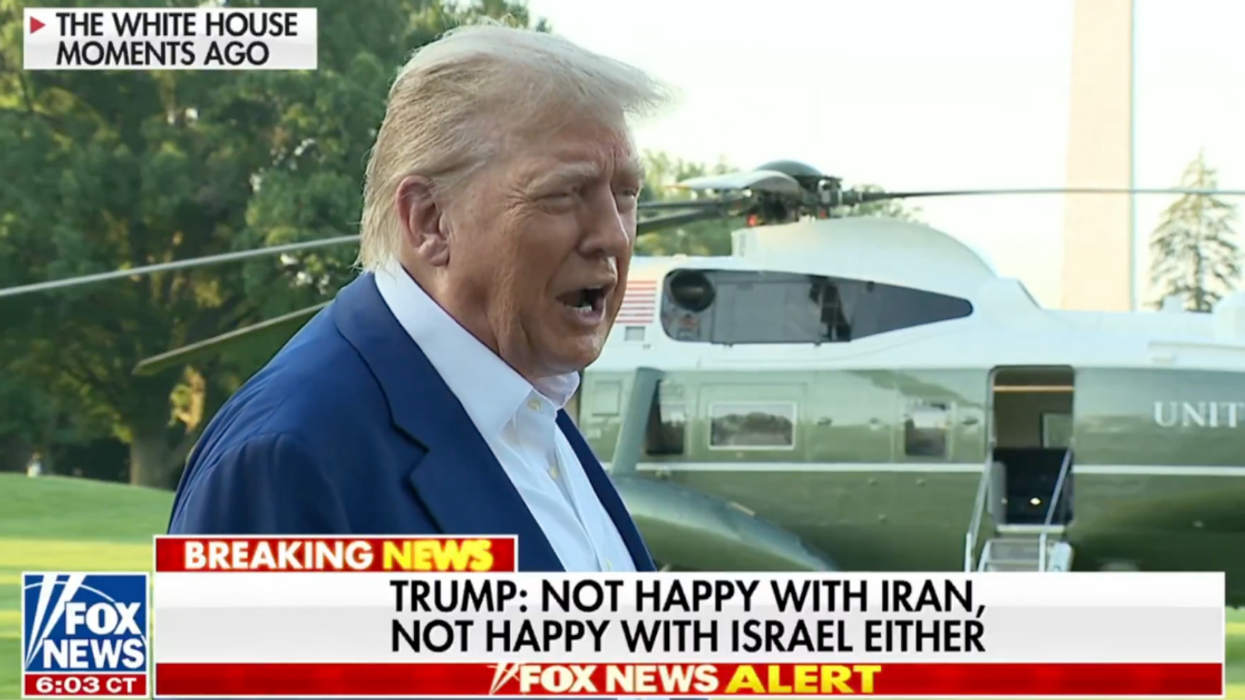






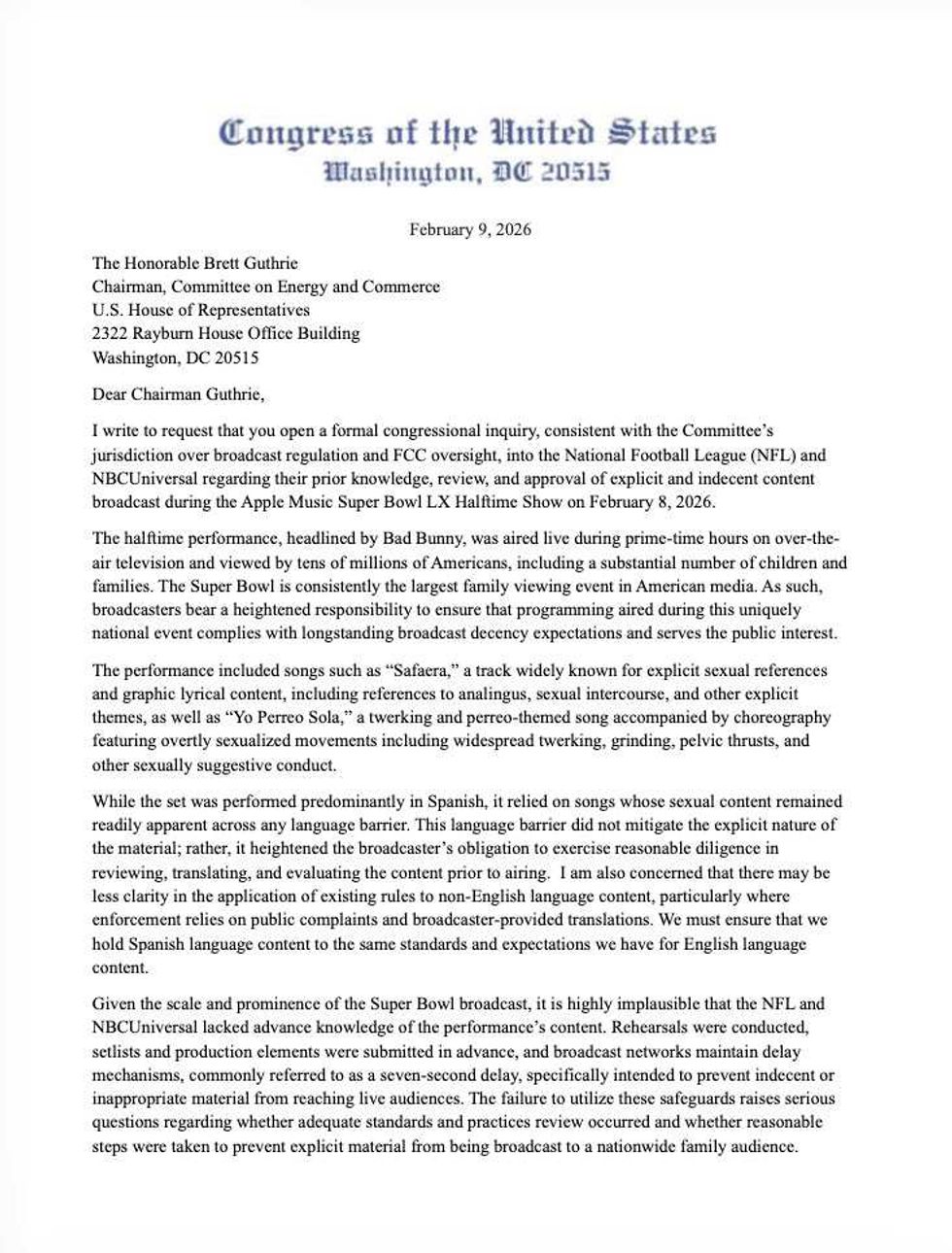 @RepOgles/X
@RepOgles/X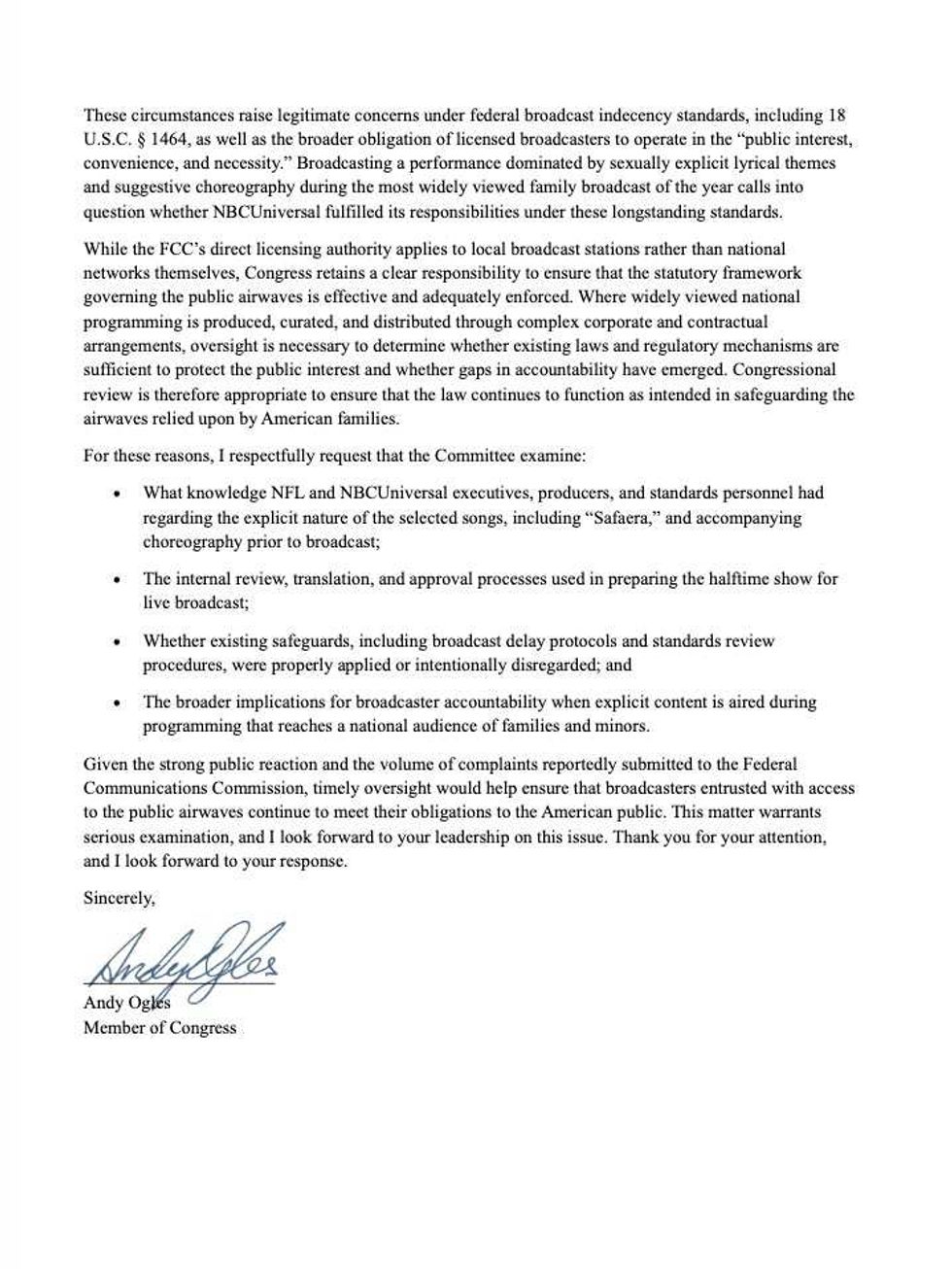 @RepOgles/X
@RepOgles/X





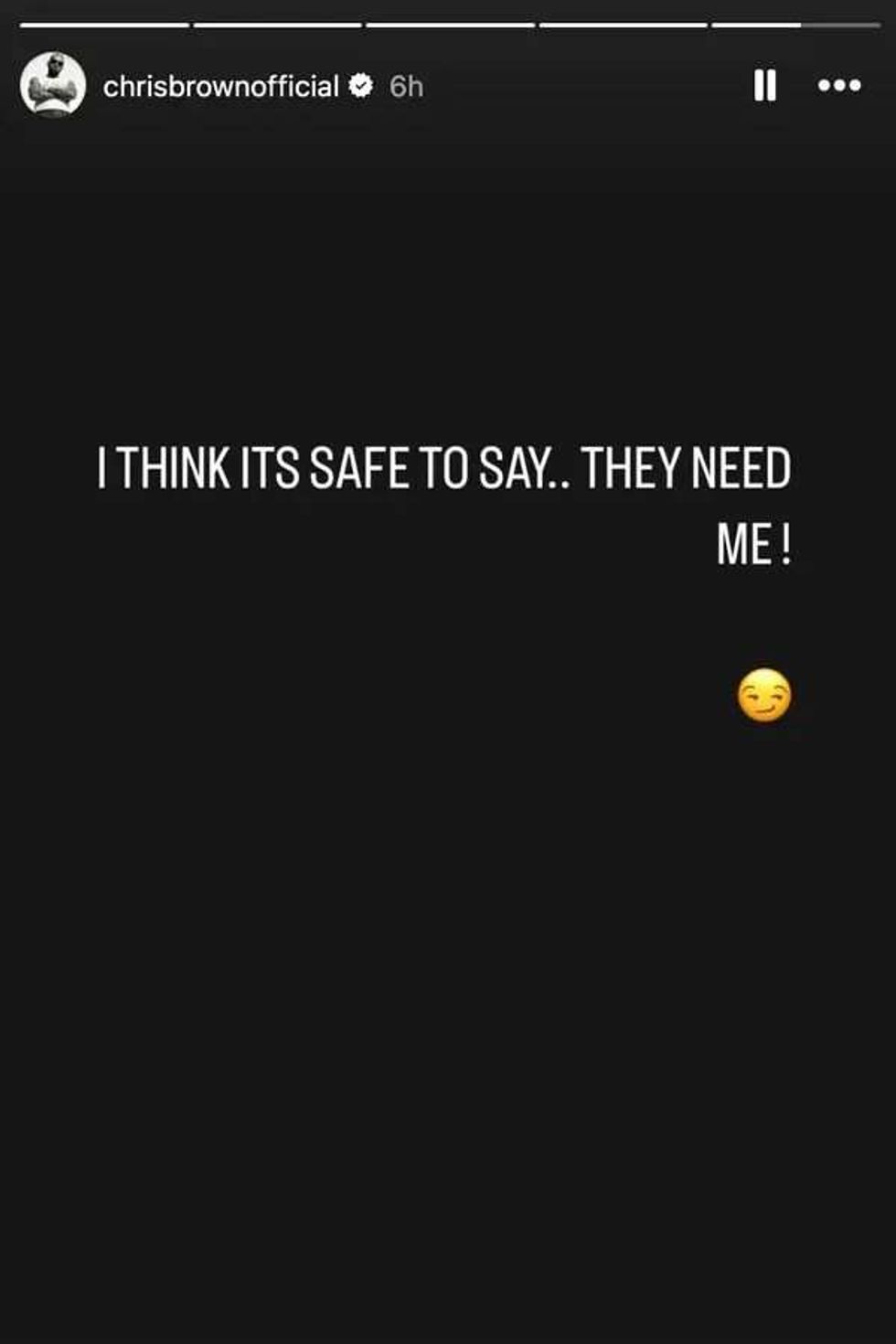 @chrisbrownofficial/Instagram
@chrisbrownofficial/Instagram u/oatlatt/Reddit
u/oatlatt/Reddit u/LoveTheAhole/Reddit
u/LoveTheAhole/Reddit u/SoFetch89/Reddit
u/SoFetch89/Reddit u/00trysomethingnu/Reddit
u/00trysomethingnu/Reddit u/kittybuscemi/Reddit
u/kittybuscemi/Reddit u/___nic/Reddit
u/___nic/Reddit u/WaterMagician/Reddit
u/WaterMagician/Reddit u/west-brompton/Reddit
u/west-brompton/Reddit u/GhostlySpinster/Reddit
u/GhostlySpinster/Reddit u/Asleep_Tap6199/Reddit
u/Asleep_Tap6199/Reddit u/afreudtolove/Reddit
u/afreudtolove/Reddit u/myfriendtoldmetojoin/Reddit
u/myfriendtoldmetojoin/Reddit
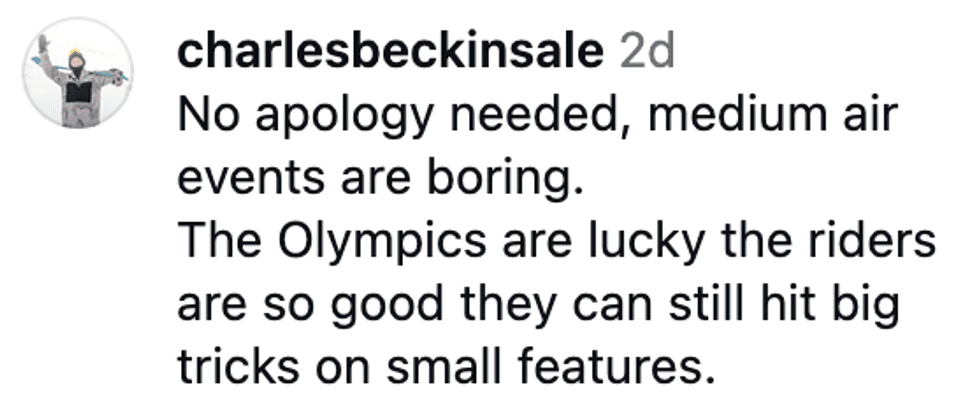 @charlesbeckinsale/Instagram
@charlesbeckinsale/Instagram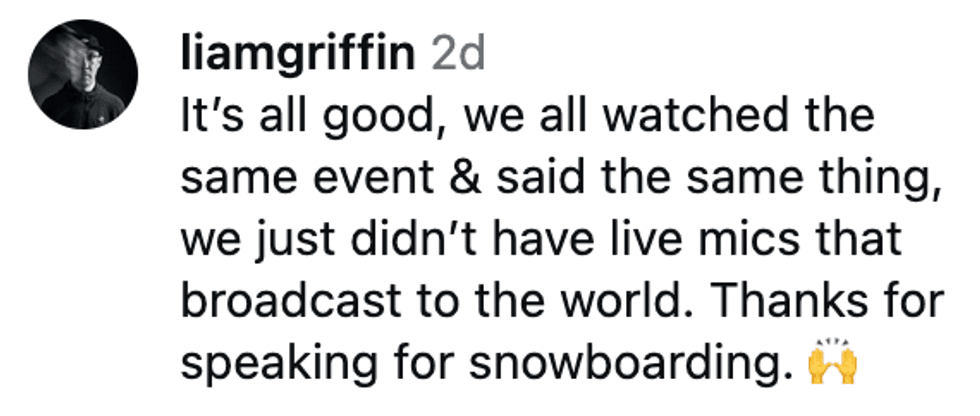 @liamgriffin/Instagram
@liamgriffin/Instagram @valentinoguseli/Instagram
@valentinoguseli/Instagram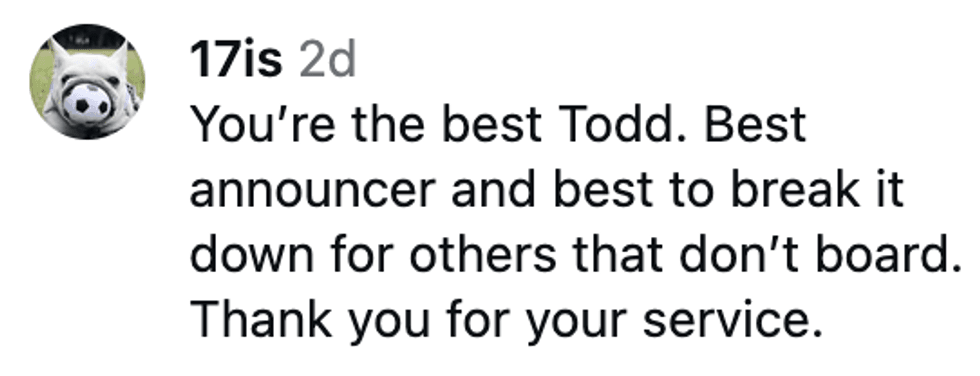 @17is/Instagram
@17is/Instagram @torahbright/Instagram
@torahbright/Instagram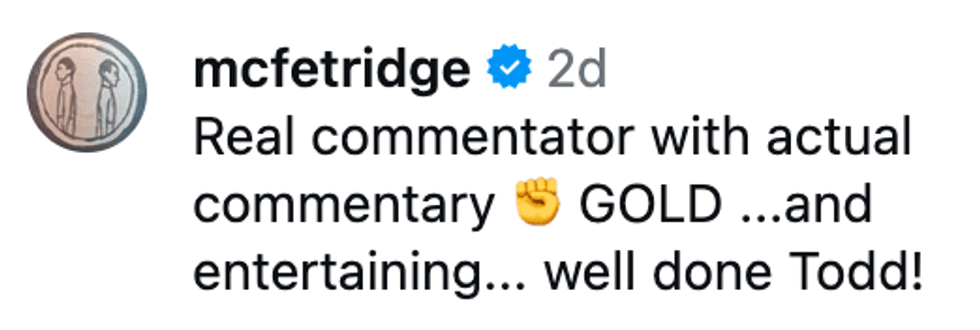 @mcfetridge/Instagram
@mcfetridge/Instagram @colleenquigley/Instagram
@colleenquigley/Instagram @jonathanwaynefreeman/Instagram
@jonathanwaynefreeman/Instagram
 @amberglenniceskater/Instagram
@amberglenniceskater/Instagram